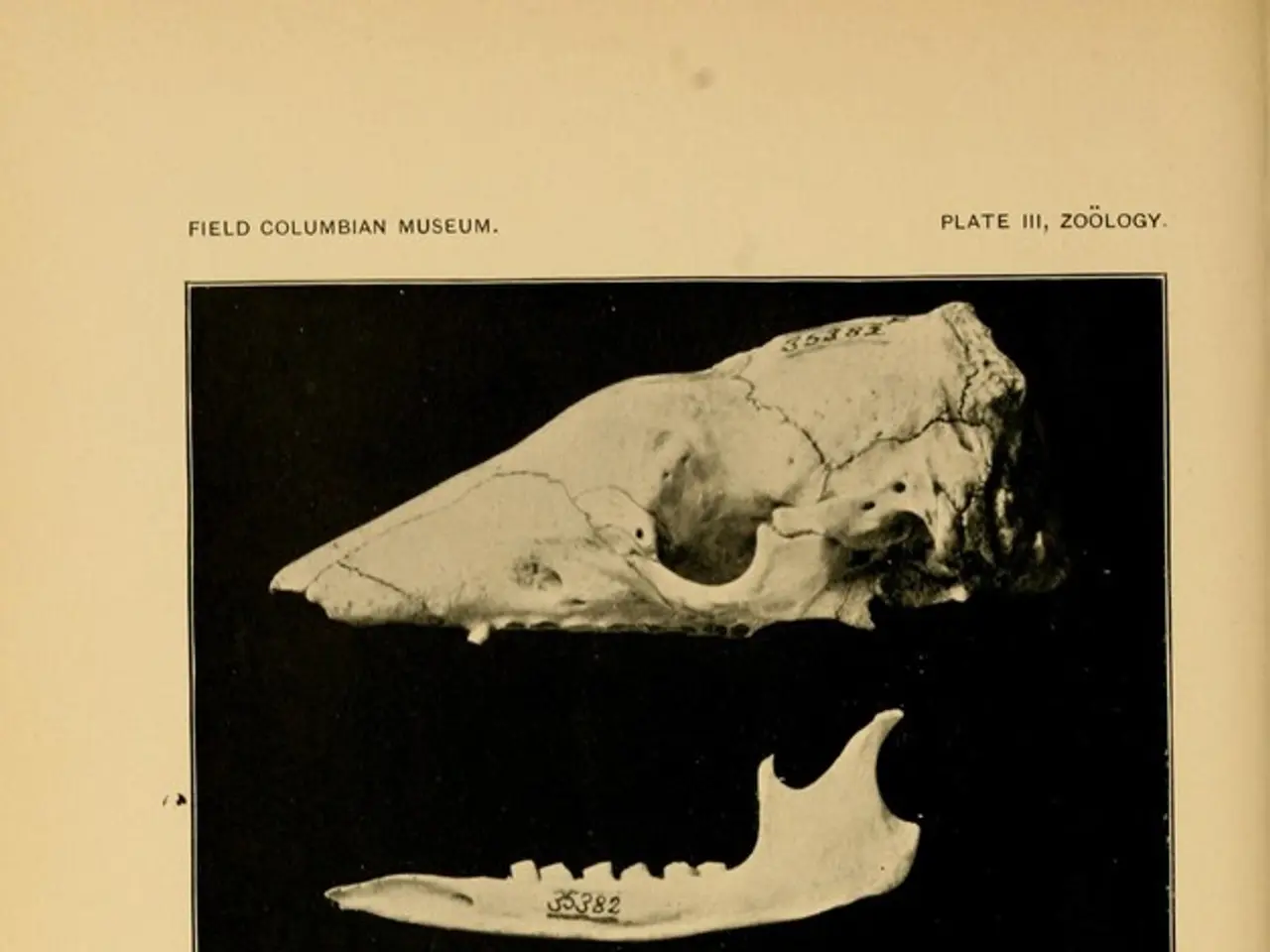Osteosarcoma is advanced by SPON2 through the activation of M2 macrophages
In a groundbreaking study, researchers have identified a protein called SPON2 as a key player in the growth of osteosarcoma, a challenging cancer to treat, particularly in adolescents and young adults. This discovery, published by Qiao-Yi Cao, Yun-Ru Yang, Jing Yi, and Xiao-Jia Wang, offers a potential direction for future cancer treatments.
The research reveals that SPON2 acts as a molecular switch promoting the transition of macrophages towards the M2 phenotype within the osteosarcoma microenvironment. M2 macrophages, immune cells that exhibit plasticity, can influence tumor dynamics, either attacking cancer cells or supporting tumor growth. In the case of osteosarcoma, these M2 macrophages facilitate tumor progression by suppressing immune responses and enhancing angiogenesis.
SPON2 mediates this effect by triggering the NF-κB/VEGF signaling axis, a mechanism linked with inflammation, cell survival, and vascular growth. By inhibiting the NF-κB pathway, the polarization effects of SPON2 on the immune microenvironment can be negated, potentially disrupting the supportive tumor microenvironment.
The advancement heralds a paradigm shift in how bone cancers might be effectively targeted in the future. Elevated SPON2 levels correlate with poor prognosis, suggesting its potential as a biomarker for disease severity. Clinical evaluations of SPON2 expression parallel to patient outcomes will validate its utility as a prognostic marker and therapeutic target.
The study also emphasizes the modification of immune cell behavior and signaling pathways that sustain tumor growth as a key aspect in osteosarcoma therapeutics. Ongoing and future studies aim to investigate the structural biology of SPON2 and its exact binding partners responsible for NF-κB activation.
Such an approach might complement existing therapies and improve the durability of treatment responses. The researchers hope that this new course for scientific inquiry and therapeutic innovation in the field of bone cancers and potentially other tumors will lead to more effective treatments and improved outcomes for patients.
Read also:
- Peptide YY (PYY): Exploring its Role in Appetite Suppression, Intestinal Health, and Cognitive Links
- Toddler Health: Rotavirus Signs, Origins, and Potential Complications
- Digestive issues and heart discomfort: Root causes and associated health conditions
- House Infernos: Deadly Hazards Surpassing the Flames








